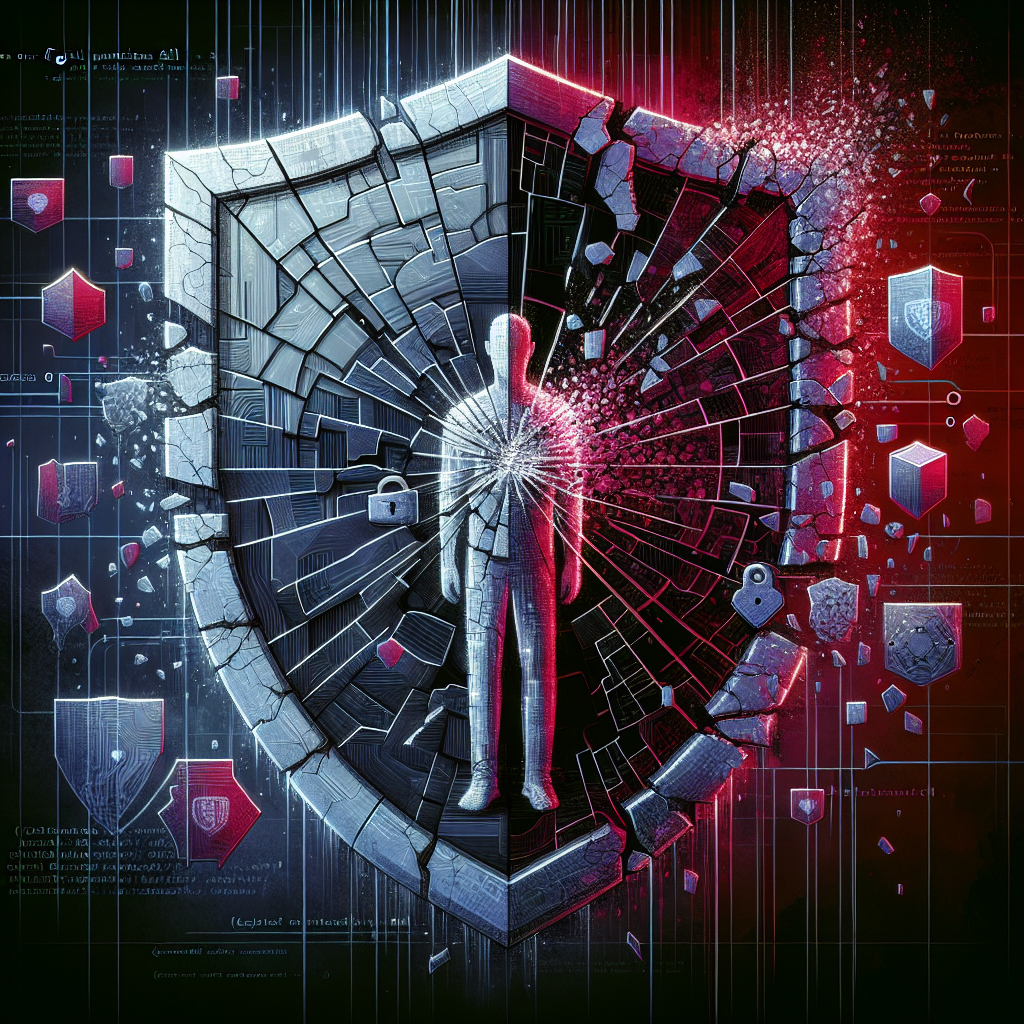Imagine waking to the earth shaking. Your home trembles around you. What if the very technology designed to warn you, stayed silent? This isn’t just a terrifying thought. It became a harsh reality for millions.
The Promise and the Pitfall
Many of us carry powerful devices in our pockets. Our smartphones are more than just communication tools. They offer incredible features. For example, Google’s Android phones have an earthquake warning system. This innovative feature uses accelerometers. It detects seismic activity. It then alerts users in affected areas. It’s a brilliant idea. However, in the devastating Turkey earthquake, something went wrong.
Google recently admitted a critical Google earthquake warning failure. They failed to warn 10 million people. These individuals were in earthquake-prone regions. They received no alert on their Android devices. This oversight is deeply concerning. As a result, a vital safety net disappeared. This news truly highlights technology’s double-edged sword.
Beyond the Algorithm
We rely on technology more every day. GPS guides our travels. AI helps us make decisions. Moreover, these systems are often designed to protect us. But what happens when they falter? This incident raises profound questions. Who is truly accountable for such failures? How much reliance is too much reliance? The human cost of a technical glitch is immense. Lives can be irrevocably altered.
This isn’t just about a bug. It’s about trust. We implicitly trust these digital systems. We expect them to perform flawlessly. Therefore, a failure of this magnitude shakes our faith. It forces us to reconsider. Are we giving too much power to algorithms? Should there be more human oversight? These are complex ethical dilemmas.
A Personal Reflection
I often check my phone for weather alerts. I rely on its accurate forecasts. The thought of a system failing when lives are at stake is chilling. My own dependence on digital tools is clear. This news hits close to home. It highlights our deep reliance. We assume these digital safety nets are foolproof. However, no system is perfect. Even the most advanced technology has its limits. Sometimes, human vigilance remains paramount.
The Road Ahead
This Google earthquake warning failure is a stark reminder. Technology can be a powerful force for good. However, it also carries immense responsibility. We must demand transparency. We need robust fail-safes. Furthermore, we must continually evaluate our dependence. This isn’t just a story about a tech company. It’s about the future of digital safety. It’s about the evolving relationship between humanity and machines.
What are your thoughts on this digital safety net? Where do we draw the line between innovation and human safety? Share your perspective in the comments below!
Dive deeper into this important discussion. Read the full article linked here: Google admits it failed to warn 10 million of Turkey earthquake



